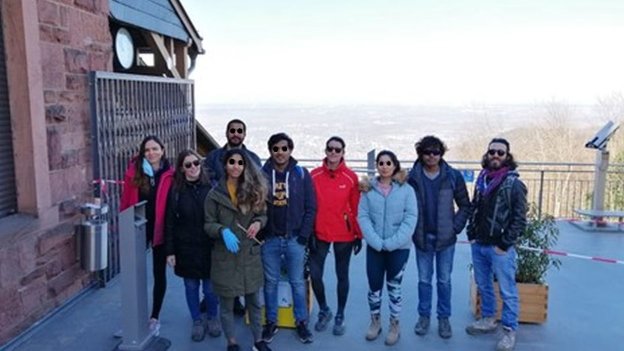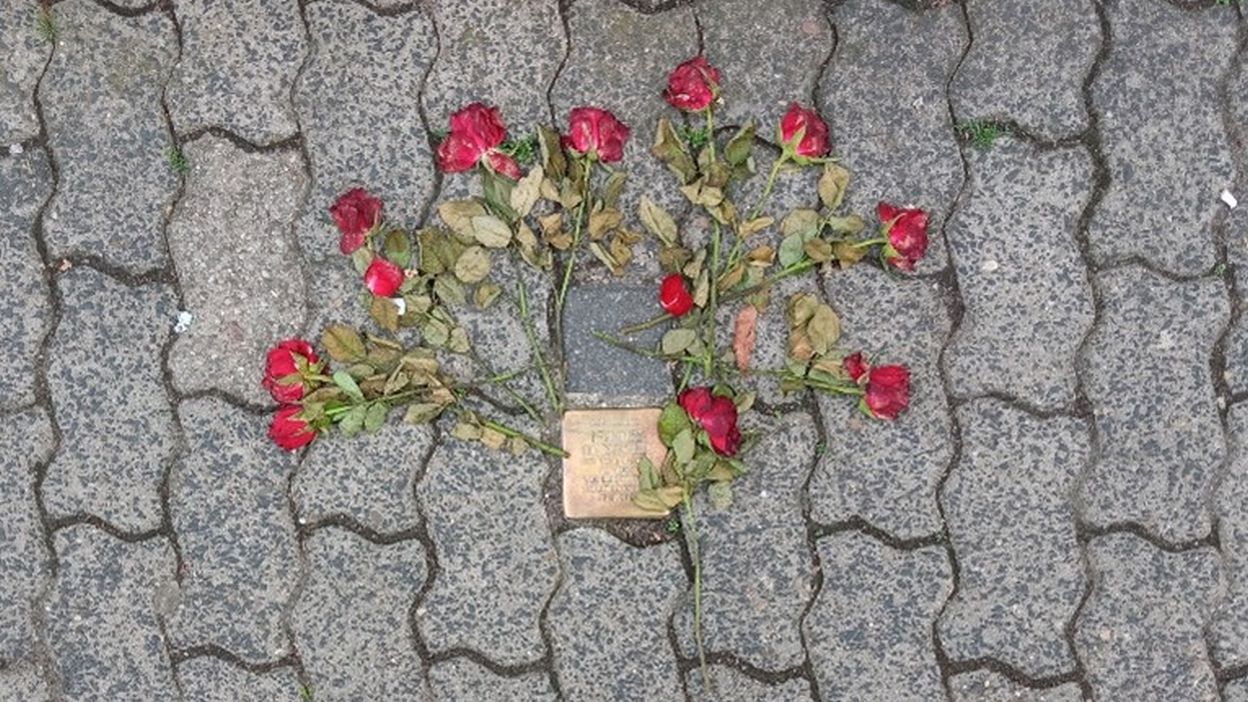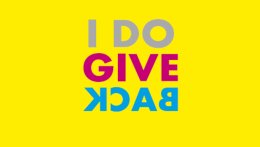Sotiria Kiorpe
 Privat
Privat
Group of international students at Königsstuhl Mountain
"It was an incredible honour to have received the Maria Trumpf-Lyritzaki-Scholarship of the DAAD-Stiftung since it allowed me to conduct and further advance my doctoral research, observe and understand the German way of living and gain valuable intercultural experiences through a constant dialectic with friends, everyday acquaintances and the landscape. My experience of working and living in Germany was undeniably positive and that is the reason I am planning to return in order to pursue a Post-Doc position."
After having her research stay postponed due to the Covid pandemic, Sotiria Kiorpe was finally able to conduct research for her dissertation in the field of Aegean Prehistoric Archaeology and Osteoarchaeology during her 10-month stay in Heidelberg. This was made possible thanks to a Maria Trumpf-Lyritzaki Scholarship she had received half a year earlier.
In the following, Ms. Kiorpe talks about her experiences conducting research at a German university:
On May 7th 2020 I received an email informing me that my application under the programme Maria Trumpf-Lyritzaki-Scholarship of the DAAD-Stiftung was successful. This meant that I was awarded a ten month stay in Germany in order to conduct research at Heidelberg University, and in particular at the Institute of Classical and Byzantine Archaeology. However, due to the corona virus pandemic, my travel to Germany was postponed for six months and thus my journey started on the first month of 2021.
I am a PhD candidate in Aegean Prehistoric Archaeology and Osteoarchaeology at the Aristotle University of Thessaloniki. My PhD dissertation is entitled “Mortuary practices in eastern Crete in the 3rd and early 2nd millennia BC: bioarchaeological analysis of the human skeletal remains from the Kephala Petras cemetery at Siteia”. The aims of the doctoral dissertation are threefold: firstly, the reconstruction of the biological profile of the Kephala Petras population (demographic synthesis, health and diet patterns); secondly, the systematic study of the spatial distribution and the taphonomy of the remains which, in addition to the macroscopic osteological study, will shed more light on the stages of the mortuary ritual and the various ways of manipulating the dead; and thirdly, the examination over time of probable inter-cemetery differentiations and similarities in the funerary behaviour which could be indicative of different social, political and ideological claims. During the first years of my PhD, I conducted the macroscopic study of the skeletal remains, and in the third year I applied for the present scholarship. My interest in the scholarship arose both from the fact that the Institute for Classical Archaeology has a long tradition in the study of the humanities and Aegean Archaeology and that it, therefore, possesses an abundant and updated library as well as specialised staff.
During my stay in Heidelberg, the Corona regulations were in effect, so the Institute was closed to the public. However, due to deadlines regarding the completion of the PhD dissertation, the director —always according to safety measures— allowed a few PhD and masters students to work at the library. I was given a key to the Institute, which is located at Marstallhof Straße, and hence I could work every week day, during weekends and for as many hours as I wished. This fact, in combination with unrestricted access to the Institute’s library allowed my research to progress rapidly since I wrote a considerable part of my dissertation during my stay in Heidelberg. In addition to an extensive library, the constant discourse with academics and colleagues from all around the world contributed to the development and shaping of a more integrative theoretical framework. The latter advancements were realised in my participation in the Institute’s Colloquium that took place online.
During the colloquium, not only did I have the opportunity to communicate my findings and discuss them with many more academics, students and colleagues working at private or public archaeological projects, but I was also able to establish academic contacts which I am sure will last through the years. In addition to the above, during my scholarship I successfully presented part of my doctoral research in the International Conference, Gesture, Stance and Movement: Communicating Bodies in the Aegean Bronze Age, organised by the University of Heidelberg, while the forthcoming paper has been submitted for an online publication of the proceedings through Heidelberg University Publishing. Finally, the German course offered by the University was an excellent way not only to make friends but also to advance existing knowledge and acquire new skills, particularly regarding daily communication.

Privat
Roses on a stolperstein in Heidelberg
Living in Heidelberg was an unforgettable experience. Despite arriving during the pandemic, all public services were easily accessible and the staff more than polite and eager to help. There was no hardship in everyday routines, and I enjoyed strolling or cycling around the beautiful and picturesque city, its museums and parks. As a Greek, I was surprised by the diligent way German people organise and collect their garbage and the environment-friendly approach most people took during their everyday commute, shopping and general lifestyle choices. The latter is reflected also in the close relationship Germans have with nature, since on weekends the Stadtwald was full of people running and hiking. I also used to run in the woods nearby while during the summer months I enjoyed walks by the Neckar. Unfortunately, due to busy schedule and the corona pandemic I did not have the chance to visit other cities except Bonn.
On the last month of my stay in Germany, I was given the chance to meet Dr. Trumpf-Lyritzaki in person. Our meeting took place in Bohn where she lives and during approximately two hours we discussed my research, current issues in archaeology and in which ways the scholarship benefited me. Dr Trumpf-Lyritzaki is an excellent conversationalist a fact that in combination to our common love and interest for the archaeology of Crete led to an endless and entertaining conversation about various archaeological sites, traditions and dialects encountered at different parts of the island. She even gifted me a book with stories from Crete from several eras. It was a great honour and a pleasant surprise to personally meet the donor of my scholarship.
As of April 2022.


